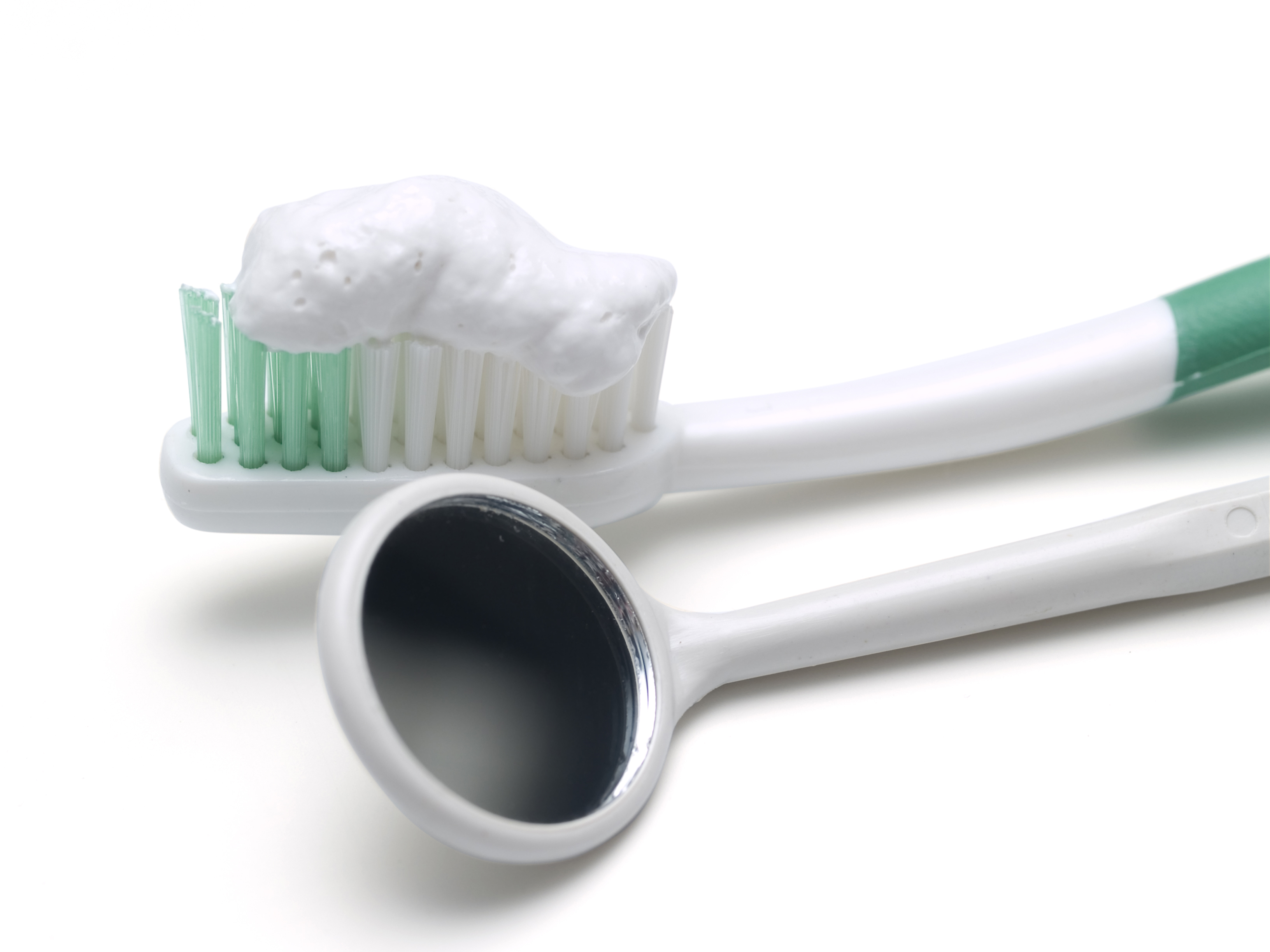By Erica Laceria on Aug 12, 2016 10:30:00 AM
You may already know this, but just in case you don’t: health insurance carriers are touting their voluntary products to consumers shopping on private exchanges. And, a survey showed that over 90 percent of large employers offer dental coverage—and other ancillary benefits such as vision and life insurance. And, that number continues to rise year after year.
Those products typically are among the most popular voluntary products offered through the workplace.
 You can help your clients and other employer groups continue to retain and attract top notch employees--especially in the health reform climate--through ancillary benefit offerings on private exchanges. Ancillary benefits often play a key role in an employee compensation package.You can create a powerful proposal with voluntary products, as they remain employees’ most desired benefit after medical coverage.
You can help your clients and other employer groups continue to retain and attract top notch employees--especially in the health reform climate--through ancillary benefit offerings on private exchanges. Ancillary benefits often play a key role in an employee compensation package.You can create a powerful proposal with voluntary products, as they remain employees’ most desired benefit after medical coverage.
But first, let's look at some facts about voluntary products--specifically dental--under the Affordable Care Act:
- Under the ACA, employer groups are not required to purchase dental and vision benefits through state or federal exchanges. This is an advantage to you because you have these in-demand products available to sell directly to your clients.
- On the ACA exchanges, medical coverage may include all 10 Essential Health Benefits (EHBs), including the pediatric dental EHB. But it’s important to note that on some ACA exchanges, like those in Florida and New York, the pediatric dental EHB requirement can also be fulfilled by a stand-alone dental plan.
- The pediatric dental EHB is a required offering for new small groups and individual plans, both on and off exchange. As such, new exchange-certified dental plans can be purchased on or off an exchange, as long as the pediatric dental EHB is fulfilled.
- The embedded pediatric dental EHB included in medical plans may not cover adults. So, families needing comprehensive family dental care can consider a true dental benefit. Even those looking for a plan for their children only might want to consider fulfilling their pediatric dental EHB with a true family stand alone dental plan. Why? Simply put: they will likely get more services they need for the entire family, such as orthodontia, periodontal care and more.
Private exchanges work similarly to the public exchanges set up by the ACA in that consumers are able to compare and choose their own health plans. Typically, employers give workers a set amount of money to spend on health insurance and other ancillary benefits in a private exchange.
Private exchanges are booming in popularity; with many health plans moving to private exchanges, dental and vision plans remain a healthy sales instrument for you. When looking for dental and vision plans for your clients, consider plans that couple cost savings with quality coverage.
The bottom line: dental and vision plans remain a highly demanded product for your clients, as well as viable sales tools to support your business. Consider making ancillary benefits through private exchanges a key selling point!





comments